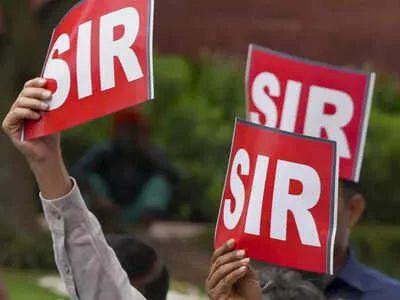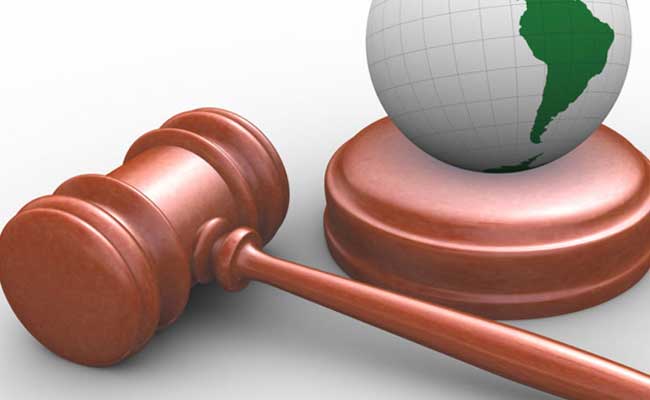Introduction
White-collar criminal defense law is a specialized branch of criminal law that deals with non-violent crimes committed by individuals or corporations in a professional setting. The term “white-collar” refers to the type of crime committed, rather than the social status of the offender. White-collar crimes typically involve financial fraud, embezzlement, money laundering, insider trading, and other similar offenses. In this article, we will explore the intricacies of white-collar criminal defense law, its key features, and the role of a white-collar criminal defense lawyer.
Types of White-Collar Crimes
White-collar crimes can take many forms, but they are generally categorized into two broad categories: financial crimes and fraud. Financial crimes refer to the illegal activities involving money or assets, such as embezzlement, money laundering, and bribery. Fraud, on the other hand, involves deception, misrepresentation, or concealment of information with the intent to gain an unfair advantage or cause harm. Examples of fraud include securities fraud, insider trading, and Ponzi schemes.
Investigation and Prosecution
The investigation and prosecution of white-collar crimes are usually conducted by federal agencies such as the Securities and Exchange Commission (SEC), the Federal Bureau of Investigation (FBI), and the Internal Revenue Service (IRS). In many cases, white-collar crimes involve multiple jurisdictions, which can make the investigation and prosecution more complex.
During an investigation, the government will typically gather evidence through various means, including subpoenas, search warrants, and interviews. If the government determines that there is sufficient evidence to support charges, they will file a criminal complaint or seek an indictment from a grand jury.
The Role of a White-Collar Criminal Defense Lawyer
A white-collar criminal defense lawyer is responsible for representing individuals or corporations accused of white-collar crimes. The lawyer’s primary goal is to protect their client’s legal rights and minimize the potential consequences of the charges. A good defense lawyer will have a deep understanding of the intricacies of white-collar criminal law and the criminal justice system, as well as a strong understanding of the business and financial industries.
One of the key roles of a white-collar criminal defense lawyer is to negotiate plea deals with the government. Plea deals can be beneficial for defendants because they can result in reduced charges or lighter sentences. However, plea deals can also be risky because they require the defendant to admit guilt, which can have long-term consequences.
Another important role of a white-collar criminal defense lawyer is to mount a strong defense against the charges. This can involve challenging the evidence presented by the government, questioning the government’s motives, or presenting an alternative explanation for the defendant’s actions. A good defense lawyer will also work to protect their client’s reputation and mitigate the potential damage to their personal and professional lives.
Challenges in White-Collar Criminal Defense
White-collar criminal defense is a complex and challenging field of law. One of the biggest challenges for defense lawyers is dealing with the extensive documentation and data that often accompany white-collar cases. Sorting through massive amounts of financial records and emails can be a daunting task, and it requires a high level of expertise and attention to detail.
Another challenge is dealing with the complexity of the criminal justice system. White-collar criminal cases can involve multiple agencies, jurisdictions, and legal theories, which can make the case more difficult to navigate. Additionally, the media attention that often accompanies high-profile white-collar cases can put immense pressure on defense lawyers to deliver a favorable outcome for their clients.
Conclusion
White-collar criminal defense law is a highly specialized area of criminal law that deals with non-violent financial crimes. The investigation and prosecution of white-collar crimes are typically conducted by federal agencies, and the role of a white-collar criminal defense lawyer is to protect their client’s legal rights and minimize the potential consequences of the charges.
![]()






One thought on “White-Collar Criminal Defense Law”